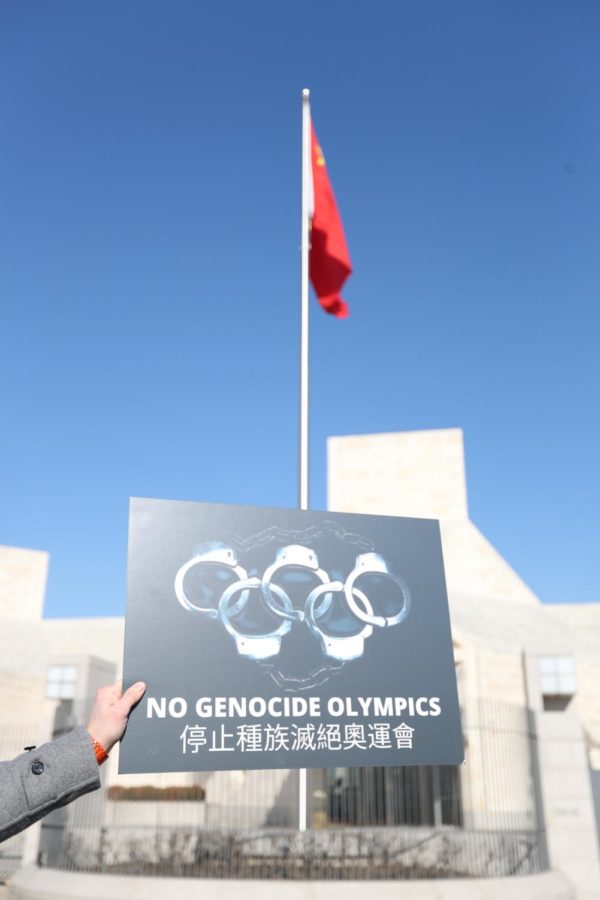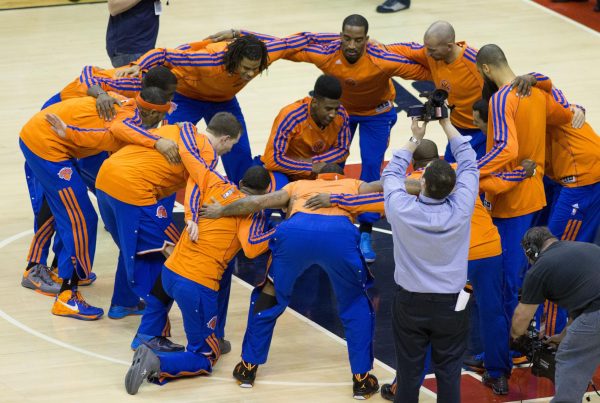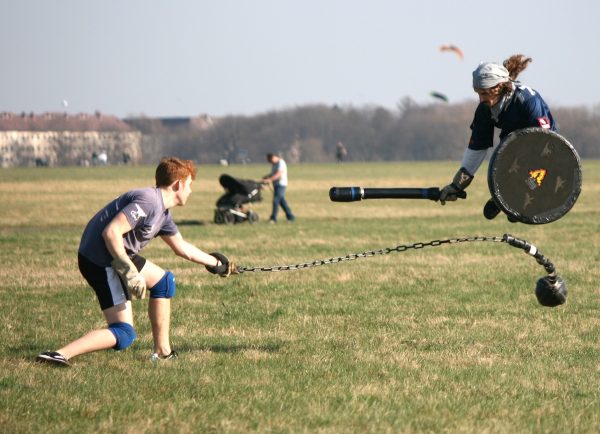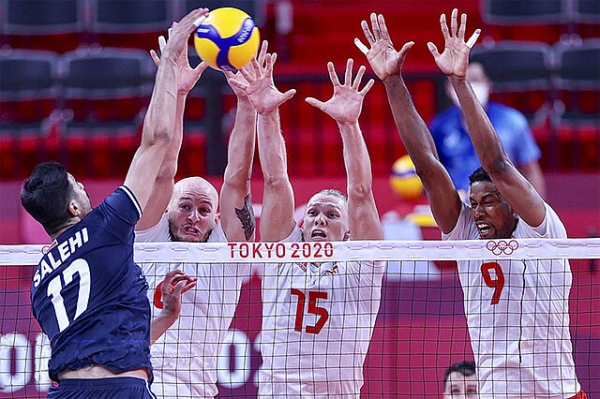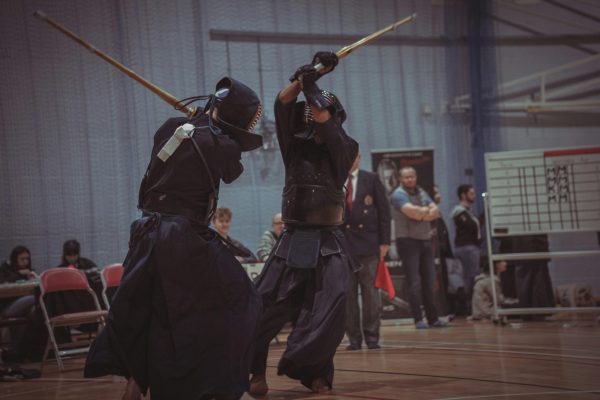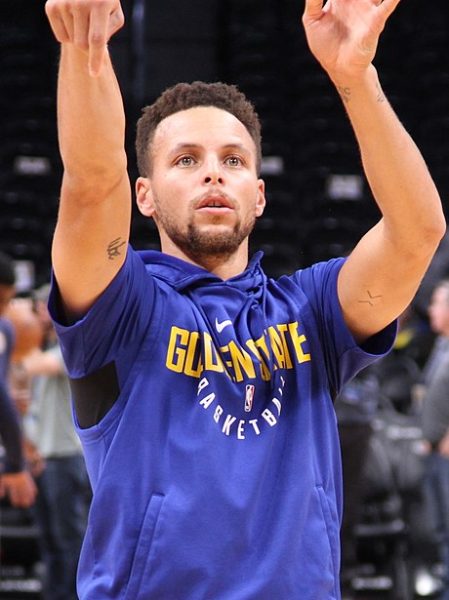The Beijing Winter Olympics: Concerns and Controversy
Fourteen years after Beijing hosted the Summer Olympics, the city is ready to host during the winter. However, this time it won’t just be about athletics, but a whole range of issues that understate the immense consequences these games might bring.
In response to China’s genocidal policies against the Uyghurs, people are protesting the games and the message being sent to the rest of the world.
Only six months after the delayed Tokyo games came to an end, the Beijing Winter Olympics are currently underway. The events are set to be as exciting as ever before, but also marred by conflict. With political and diplomatic tensions skyrocketing between China and their western adversaries, these games seem bound to cause controversy.
Many athletes are chasing more gold medals to add to their incredible careers, while others are ready to jump onto the scene and take the world by storm. As such, the events will be more exciting and unpredictable than ever before.
One of the more notable athletes back for another games in Beijing is Mikaela Shiffrin, an American alpine skier who previously won gold at the Sochi and Pyeongchang games. Shiffrin holds a shared record with Ted Ligety and Andrea Mead Lawrence for the most gold medals won by an American alpine skier, and with expected victories in Beijing, she can exclusively hold that record.
Snowboarding is another event that has received a great amount of attention. Shaun White is back for his fifth and final winter games to try and win his fourth gold medal in the halfpipe. In the slopestyle, Red Gerard is back to defend his throne after shocking everyone to win gold in 2018 as a 17 year old. Chloe Kim is also hoping to repeat her success from 2018 where she found stardom for a spectacular performance in the women’s halfpipe, earning her the gold medal.
Additionally, hockey has been a hot point of discussion after the NHL changed its mind on the participation of its players. The league had initially announced that players would be allowed to play after missing out in 2018, but later took back this ruling. This move has left many people disappointed, as hockey fans will not get to see many of their favorite players in Beijing.
The league had its reasons for their change in opinion. With a rise in COVID-19 cases due to the Omicron variant, the League worried that players would be required to quarantine for extended periods of time, forcing them to miss games. China’s strict COVID-19 restrictions had the League and its players on high alert, and in place of canceling their participation, the league scheduled its All-Star events during the break originally reserved for the Olympics.
Now, China’s restrictions have become even tougher; the country recently announcing that it wouldn’t sell tickets to the general public inside China. This news emerged after reports of the first confirmed cases of the Omicron variant in Beijing, leading health officials and government leaders to ban spectators. Foreign spectators had already been banned from the games months earlier in an effort to contain the spread of COVID-19, but as Omicron sweeps the nation, that measure is being extended to domestic spectators as well.
While the events and athletes will dominate the headlines in Beijing, there is extensive controversy that has centered around diplomatic issues in China. Western countries, including the United States and its allies, have all condemned the ongoing human rights abuses in Xinjiang, a province in Western China. In what has been described as a genocide, the Chinese government has rounded up many Uyghurs, a Muslim minority population, and sent them to forced labor camps. In these camps, the Uyghur people have been tortured, with the Chinese government limiting their food supply, committing acts of abuse, and sterilizing women.
The United States announced a diplomatic boycott of the games back in December 2021, with President Joe Biden citing the “ongoing genocide and crimes against humanity in Xinjiang” as a determining reason for it. After the decision, many American allies followed suit, with the United Kingdom, Australia, Canada, Japan, and other NATO allies deciding to implement a diplomatic boycott as well.
However, this boycott does not bar players from participating, but rather ensures that diplomatic or governmental representatives will not attend the games. China quickly condemned the boycott, declaring that the nations involved will “pay a price” for not attending the games and opposing China’s actions against the Uyghur people. Yet, the participating nations believe that a diplomatic boycott is the best method to show their disapproval, as it enables them to condemn the genocidal actions and act accordingly, but still not provoke China to such extremes by staging a full boycott.
The tension recently escalated when Chinese officials silenced tennis star Peng Shuai, who accused a high-level government official of sexual assault. After being out of the public eye for weeks, Peng recanted her statement, saying that she had never accused that official of assault to begin with. The tennis federation acted swiftly in response to Peng’s original statement, immediately suspending all men’s and women’s events from the Chinese mainland.
With all of these factors in mind, students are very conflicted about the importance and value of the games. Many of those interviewed have agreed with the diplomatic boycott, some even urging the United States to fully boycott the games and not send any athletes. When asked whether or not they would watch the games on television, the majority of Bronx Science students said they would not, due to lack of interest or to oppose China’s actions. One student said that, “by watching the games, we are enabling China to profit off of a complete and total genocide that has thus far received little to no attention.” Students hope that the boycott can raise awareness towards the ongoing genocide and force countries to fight back against China and their human rights abuses.
Regardless of whether the games receive attention from the American public, they will still move forward. In the United States, NBCUniversal and its set of channels have coverage for many of the events, with others being streamed on NBC’s Peacock streaming service or other online platforms. Not all events are broadcast live, as China’s time difference makes live watching for American viewers extremely difficult. Either way, the events are available to watch and enjoy for people who choose to do so.
The games began on February 3rd, 2022, with many fans eager to watch, and athletes ready to compete after weeks in quarantine. While excitement for the competition is high, the shadows cast over the games by diplomatic controversy has put ordinary citizens, governments, and corporations on edge. As the flames are now lit marking the beginning of the spectacle, all people can do now is to watch, listen, and hope for the best.
While excitement for the competition is high, the shadows cast over the games by diplomatic controversy has put ordinary citizens, governments, and corporations on edge.
Ethan Weinberg is an Editor-in-Chief for 'The Science Survey.” Ethan enjoys journalistic writing, as he believes that by making sense of the issues on...

